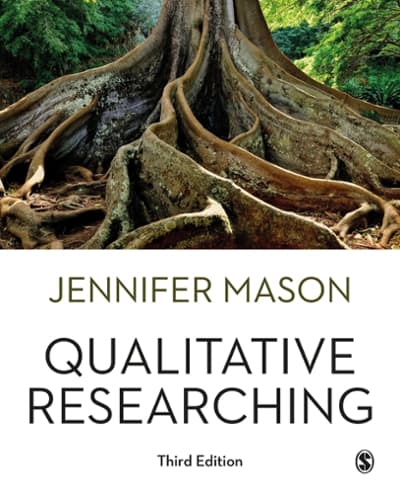Question
Temperament refers to constitutionally-based individual differences in emotions, activity, and self-regulation (Straub, 2009). Some researchers believe that the line between temperament and personality is unclear.
Temperament refers to "constitutionally-based" individual differences in emotions, activity, and self-regulation (Straub, 2009). Some researchers believe that the line between temperament and personality is unclear. However, psychological scientists assert that:
- Personality traits are primarily learned
- Temperamental traits are strongly influenced by each person's unique genotype, and the consequential physiological functioning, such as reactivity of the autonomic nervous system. (Remember fight-or-flight?)
Research the text information on infant temperament. An important factor in healthy psychosocial development is the goodness-of-fit between the developing child in the care giving context.
Please post your original responses to the following:
How does the concept of goodness-of-fit relate to infant temperament?
The results of several studies by Caspri and others (1995) suggest that early temperament may have remarkable predictive validity for behavior problems during adolescence.
Do you agree that infant temperament can be viewed as the origin of adolescent behavior problems? Provide support for your answer.
Step by Step Solution
There are 3 Steps involved in it
Step: 1

Get Instant Access to Expert-Tailored Solutions
See step-by-step solutions with expert insights and AI powered tools for academic success
Step: 2

Step: 3

Ace Your Homework with AI
Get the answers you need in no time with our AI-driven, step-by-step assistance
Get Started


